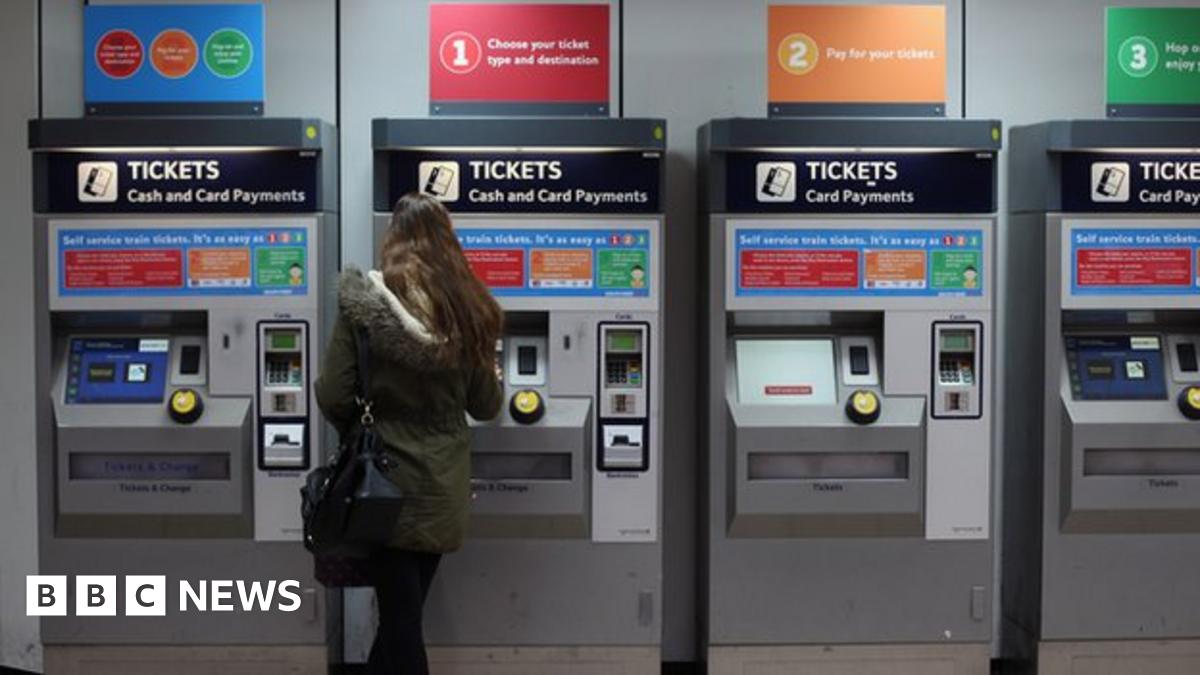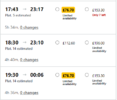In EU transport law, a PSO is an arrangement by which a governing body or other authority offers
subsidies in an
auction, whereby the winning company will be obliged to operate a specified service of
public transport for a specified period of time in return for the subsidy. This usually leads to the winning bidder having a
monopoly on the route, as competing services would not be viable without subsidies. PSOs are aimed at routes which are unprofitable in a
free market, but where there is a socially desirable advantage to transport being available.
The use of PSO can be applied to many
modes of transport, including
air,
sea,
road or
rail. In many cases, the introduction of PSO has been a way to
privatize government-owned transport. Infrastructure is often separated from operations, and may be owned by a governing body or a third party. The authority may also maintain the ownership of the vehicles, such as ferries or
rolling stock.
Traditionally, public transport has been operated by a company wholly-owned by the state with a monopoly, like a national railway company. Alternatively, private companies were granted
privileges (with or without subsidies) granting them a monopoly. In recent years, many markets have been deregulated, especially in Europe, by paying the lowest bidding operator to carry out services.








